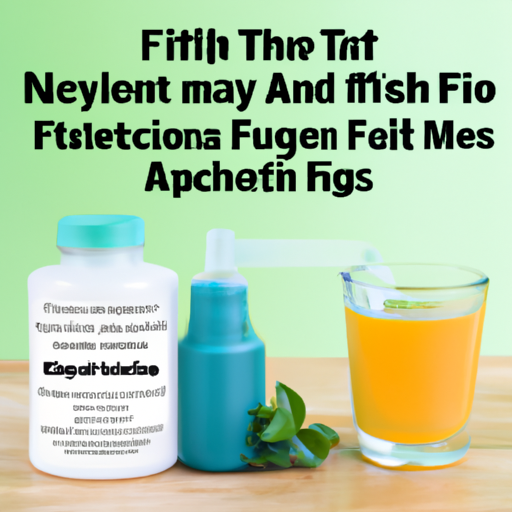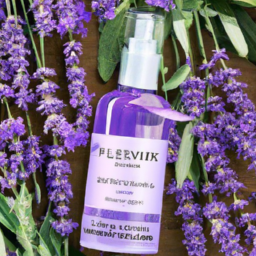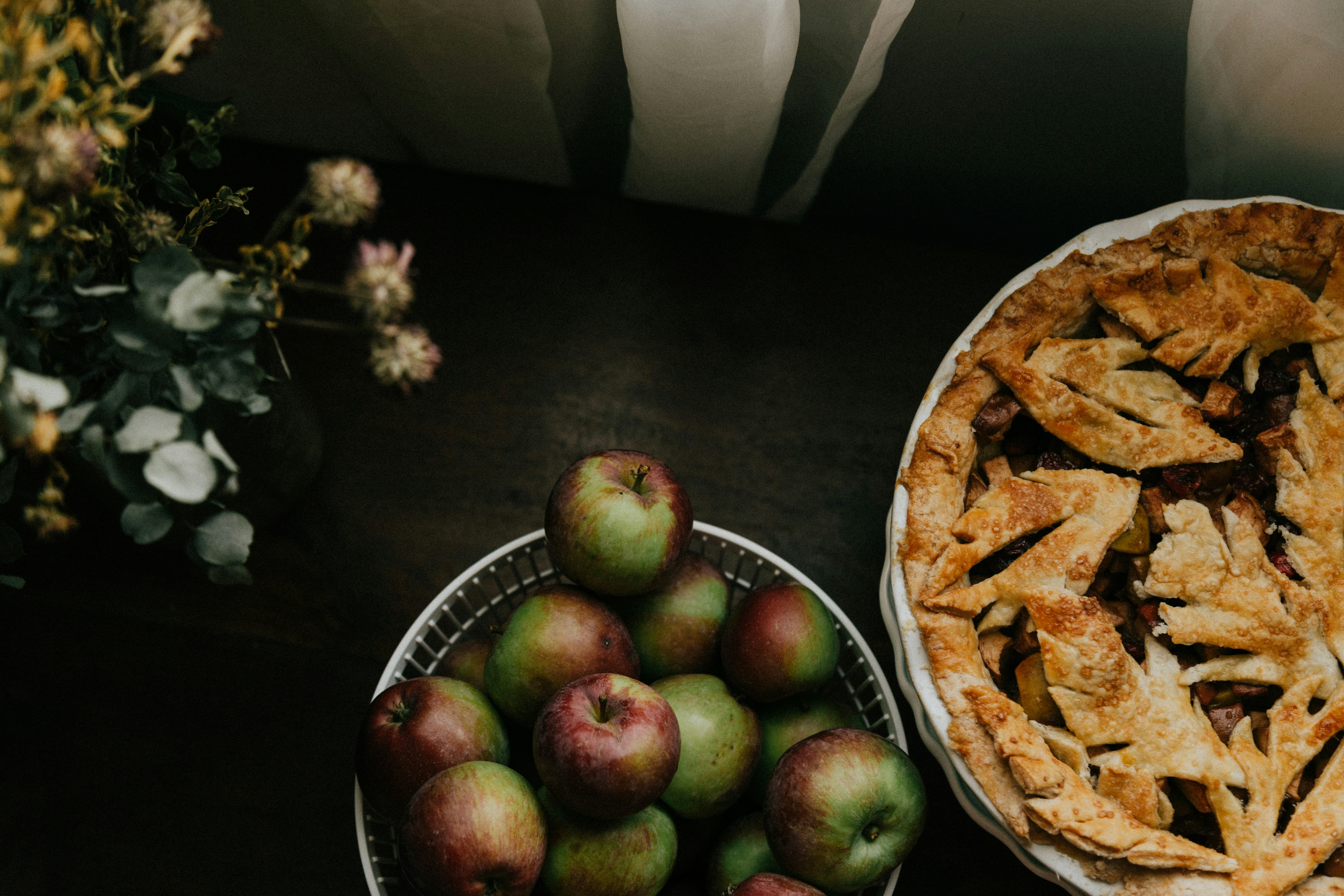In this article, you will learn about natural fly spray recipes that can help you keep those annoying flies away. You’ll discover some simple ingredients and steps you can take to create your very own fly spray at home. These recipes will not only be effective but will also be free from harmful chemicals, making them safe for you, your family, and your pets. So, let’s get started and say goodbye to those pesky flies!
Natural Fly Spray Recipes
Understanding Natural Fly Sprays
Flies can be annoying and bothersome, especially during the warmer months. Natural fly sprays are a safe and effective alternative to chemical options, providing a way to repel flies without exposing yourself and your surroundings to harmful substances.
What are natural fly sprays?
Natural fly sprays are non-toxic solutions made from organic ingredients that repel flies without causing harm to humans, animals, or the environment. These sprays typically use essential oils as their main active ingredients, as they have natural repellent properties.
Why use natural fly sprays instead of chemical options?
There are several reasons why using natural fly sprays is preferable to chemical options. Firstly, natural fly sprays are safer for your health. Chemical fly sprays often contain harsh chemicals that can irritate the skin, eyes, and respiratory system. Natural alternatives, on the other hand, are gentle and non-irritating.
Secondly, natural fly sprays are environmentally friendly. Chemical sprays can contaminate water sources, harm beneficial insects like bees, and contribute to air pollution. By using natural fly sprays, you can help protect the ecosystem and reduce your carbon footprint.
Lastly, natural fly sprays are a more humane choice. Chemical options often involve the use of insecticides that kill flies upon contact. Natural alternatives, however, simply repel flies, allowing them to live their lives without causing harm or suffering.
Essential Oils for Natural Fly Sprays
Essential oils are a key ingredient in natural fly sprays, as they have powerful repellent properties. Here are some of the top essential oils for repelling flies:
- Citronella: Known for its strong and pleasant aroma, citronella oil is highly effective in repelling flies and other flying insects.
- Lemongrass: Similar to citronella, lemongrass oil has a citrusy scent that flies find unappealing.
- Peppermint: The strong and minty scent of peppermint oil is disliked by flies, making it an excellent choice for a natural fly spray.
- Lavender: Apart from its calming effects, lavender oil also deters flies with its floral fragrance.
- Eucalyptus: The intense scent of eucalyptus oil is known to repel flies and mosquitoes effectively.
The benefits of using essential oils in fly sprays
Using essential oils in fly sprays provides numerous benefits. Firstly, essential oils are natural and safe to use around humans and pets. They do not contain harmful chemicals or toxins, making them a healthier choice for fly control.
Secondly, essential oils have a pleasing aroma. Unlike chemical sprays that often have an unpleasant smell, natural fly sprays with essential oils emit pleasant scents that can improve the overall ambiance of your space.
Additionally, essential oils offer versatility. You can mix different oils together to create customized fly sprays that suit your preferences. This allows you to experiment with various scent combinations and find the perfect blend that repels flies effectively.
Top essential oils for repelling flies
Here are some of the top essential oils for repelling flies:
- Citronella: As mentioned earlier, citronella oil is a potent fly repellent. It has been used for generations as a natural insect deterrent.
- Lemongrass: By harnessing the power of lemongrass oil, you can keep flies at bay while enjoying a refreshing scent.
- Peppermint: Flies dislike the strong aroma of peppermint oil, making it an effective natural repellent.
- Lavender: The calming scent of lavender oil not only repels flies but also promotes relaxation.
- Eucalyptus: Widely known for its ability to repel mosquitoes, eucalyptus oil also works well against flies.
Recipes for Homemade Natural Fly Sprays
Making your own natural fly sprays at home is easy and cost-effective. Here are three simple recipes using common ingredients:
Basic fly spray recipe using vinegar and essential oils
Ingredients:
- 1 cup of water
- 1 cup of white vinegar
- 20 drops of essential oil (choose from citronella, lemongrass, peppermint, lavender, or eucalyptus)
Instructions:
- Pour the water and vinegar into a spray bottle.
- Add the essential oil drops into the bottle.
- Shake the bottle well to mix the ingredients.
- Spray the mixture onto surfaces where flies are present.
Homemade fly spray using apple cider vinegar and herbs
Ingredients:
- 1 cup of apple cider vinegar
- 1 tablespoon of dried herbs (such as mint, basil, or rosemary)
- 10 drops of essential oil (citronella, lemongrass, or eucalyptus)
Instructions:
- In a small saucepan, heat the apple cider vinegar and dried herbs on low heat for 10 minutes.
- Remove the saucepan from heat and let the mixture cool.
- Strain the mixture into a spray bottle, discarding the herbs.
- Add the essential oil drops and shake well before using.
- Apply the spray to areas where flies are present.
Natural fly spray with lemon juice and eucalyptus oil
Ingredients:
- 1 cup of water
- 1 cup of lemon juice
- 10 drops of eucalyptus oil
Instructions:
- Combine the water and lemon juice in a spray bottle.
- Add the eucalyptus oil drops and shake well.
- Spray the mixture onto surfaces where flies are a problem.
Tips for Applying Natural Fly Sprays
To maximize the effectiveness of natural fly sprays, consider the following tips for proper application:
Proper application techniques for maximum effectiveness
- Shake the spray bottle well before each use to ensure the ingredients are thoroughly mixed.
- Spray the solution directly onto surfaces where flies are commonly found, such as windowsills, door frames, and outdoor seating areas.
- Pay special attention to areas where food is present, as flies are attracted to food sources.
- Reapply the spray every few hours or as needed, especially if it rains or if the spray has been wiped off.
Considerations for frequency of application
The frequency of applying natural fly sprays depends on various factors, including the level of fly activity and environmental conditions. If you live in an area with a high fly population or experience an influx of flies during certain seasons, you may need to reapply the spray more frequently.
It is also important to note that natural fly sprays may not provide complete protection against flies. While they are effective at repelling flies, some flies may still find their way into your space. Therefore, regular application and continuous monitoring are recommended for optimal results.
Additional Ways to Repel Flies Naturally
In addition to using natural fly sprays, there are other methods you can employ to create a fly-free environment:
Creating a fly-free environment
- Keep your space clean and tidy, as flies are attracted to food residues and garbage.
- Cover food and trash bins securely to deny flies access to potential food sources.
- Install window screens and door sweeps to prevent flies from entering your home.
- Use fly traps or fly repellent candles in outdoor areas to deter flies.
Using fly-repelling plants in your surroundings
Certain plants have natural fly-repelling properties. Planting these around your home or in your garden can help deter flies. Some common fly-repelling plants include lavender, basil, mint, marigold, and rosemary.
Precautions and Safety Measures for Natural Fly Sprays
While natural fly sprays are generally safe to use, it is important to take precautions and follow safety measures:
Avoiding contact with eyes and sensitive areas
When applying natural fly sprays, avoid spraying directly into your eyes or sensitive areas. If accidental contact occurs, rinse the affected area with water and seek medical attention if necessary. Additionally, keep the spray away from children and pets to prevent accidental ingestion.
Appropriate storage and handling of homemade sprays
Store homemade fly sprays in a cool, dry place away from direct sunlight. Label the spray bottle with its contents and the date of preparation to ensure you use it in a timely manner. If the solution changes in color or develops an unpleasant odor, discard it and make a fresh batch.
Comparing Natural Fly Sprays to Commercial Options
When comparing natural fly sprays to commercial options, there are a few factors to consider:
Cost-effective nature of homemade sprays
Natural fly sprays made at home are generally more cost-effective than commercial options. With just a few simple ingredients, you can create a sufficient quantity of spray to effectively repel flies.
Potential limitations of natural fly sprays
While natural fly sprays are highly effective at repelling flies, they may not eliminate flies entirely. Some flies may still find their way into your space, especially if there is a heavy fly population nearby. Therefore, it is important to complement the use of natural fly sprays with other preventive measures.
Success Stories: User Experiences with Natural Fly Sprays
Many individuals have experienced positive results when using natural fly sprays. Here are some real testimonials from users who have tried natural fly sprays:
- “I couldn’t believe how well the homemade fly spray with eucalyptus oil worked. Flies used to swarm around my patio, but after spraying the solution, they disappeared almost instantly!” – Sarah G.
- “I have been using a natural fly spray with citronella oil in my barn, and it has made a huge difference. The flies used to bother the horses, but now they seem much more relaxed.” – John D.
- “I love the scent of the homemade fly spray I made with peppermint oil. It not only keeps the flies away but also makes my home smell fresh and inviting.” – Lisa M.

Expert Advice on Natural Fly Sprays
To gain further insight and tips on natural fly sprays, we reached out to professionals in the field of natural pest control. Here are some expert advice:
- “When using essential oils in fly sprays, it’s important to remember that less is more. Start with a small amount of oil and gradually increase it if needed. Some flies may be more sensitive to certain oils than others.” – Dr. Amanda Smith, Entomologist
- “Don’t forget to thoroughly clean your surfaces before applying natural fly sprays. Flies are attracted to food residues and dirt, so a clean environment will enhance the effectiveness of the spray.” – Julie Thompson, Natural Pest Control Specialist
Conclusion
Natural fly sprays are a safe and effective alternative to chemical options in repelling flies. By using essential oils and simple ingredients, you can create homemade fly sprays that are both affordable and eco-friendly. With regular application and the implementation of other preventive measures, you can enjoy a fly-free environment while avoiding the use of harmful chemicals. Give these natural fly spray recipes a try and say goodbye to pesky flies!








